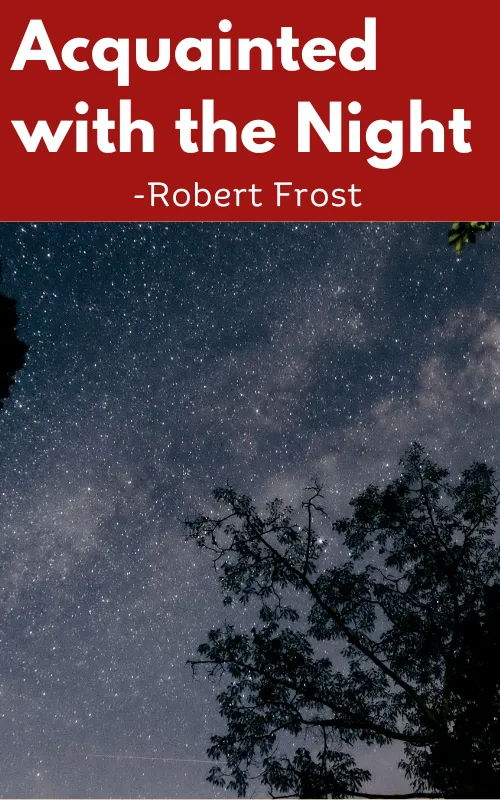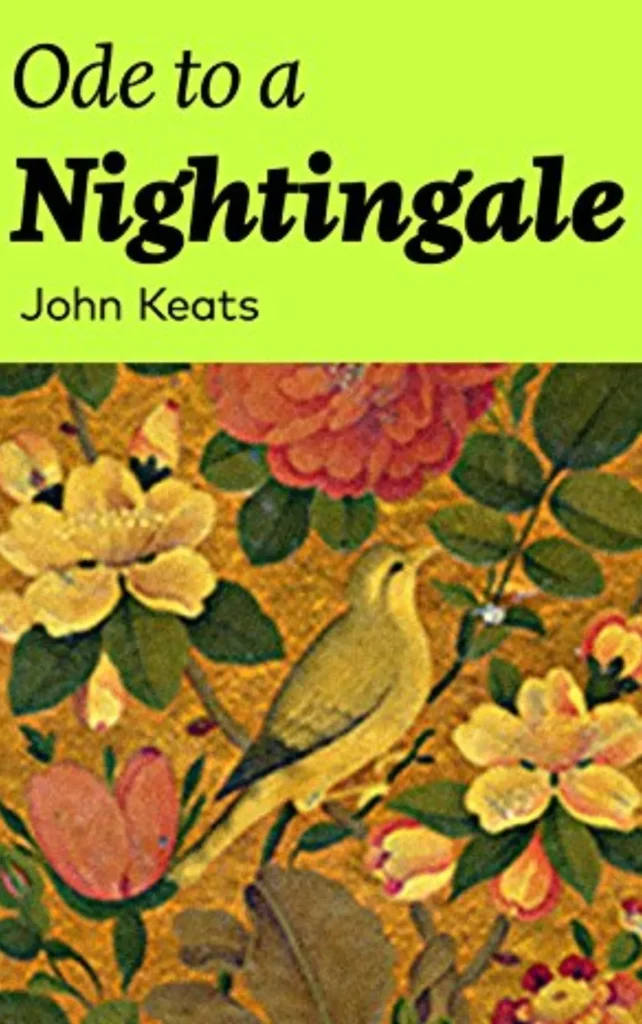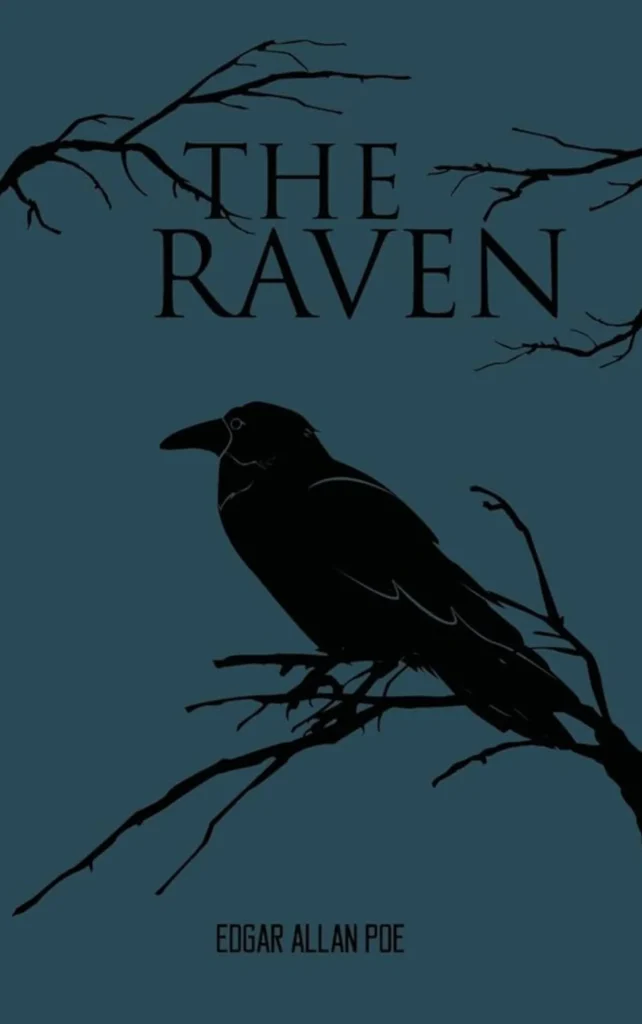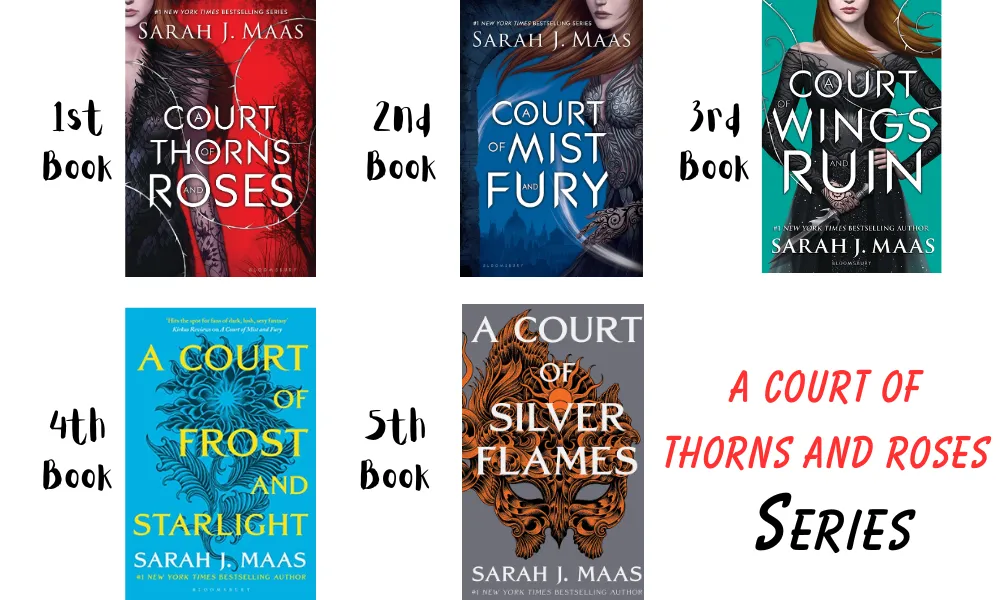About the Poem “Acquainted with the Night“
| Poem Title | Acquainted with the Night |
| Author | Robert Frost |
| Publication Year | 1928 |
| Style | It is a sonnet, consisting of 14 lines. |
| Form | Five stanzas of three lines each, except for the final stanza of two lines |
| Tone | Melancholic & Introspective |
| Themes | Loneliness, isolation, darkness, and self-reflection. |
| Rhyme scheme | ABA CDC EFE GHG AA |
| Imagery | Rain, city lights, sad city lanes, the moon |
| Meter | Iambic pentameter |
| Setting | A city at night |
| Poetic devices | Repetition, personification, metaphor, simile |
Themes of Acquainted with the Night
The themes of Robert Frost’s poem “Acquainted with the Night” are:
- Loneliness ➤ The poem explores the feeling of being alone and disconnected from others.
- Isolation ➤ It conveys a sense of being cut off from the world and society.
- Darkness ➤ The night symbolizes inner darkness and emotional struggles.
- Self-reflection ➤ The speaker reflects on his own thoughts and experiences.
- Alienation ➤ The poem touches on the sense of not belonging or fitting in.
“Acquainted with the Night” Poem by Robert Frost
I have been one acquainted with the night.
I have walked out in rain—and back in rain.
I have outwalked the furthest city light.
I have looked down the saddest city lane.
I have passed by the watchman on his beat
And dropped my eyes, unwilling to explain.
I have stood still and stopped the sound of feet
When far away an interrupted cry
Came over houses from another street,
But not to call me back or say good-bye;
And further still at an unearthly height,
One luminary clock against the sky
Proclaimed the time was neither wrong nor right.
I have been one acquainted with the night.
Acquainted with the Night Summary & Analysis
Acquainted with the Night is a poignant and introspective poem written by Robert Frost. In this poem, the speaker takes us on a journey through a lonely and melancholic night.
Stanza 1
The speaker begins by declaring that he is “acquainted with the night.” This implies that they had an intimate relationship with the night, possibly through nighttime walks.
The speaker then describes their walk in the rain, followed by another walk in the rain. This indicates that they have been walking for quite some time and are not afraid of the rain.
According to the speaker, they have also walked beyond the farthest city light. This implies that they are not afraid to explore the unknown and are comfortable being alone.
Stanza 2
In the second stanza, the speaker describes how they have seen the saddest city lanes. This suggests that they have seen the dark side of the city, and that they are aware of the suffering that exists there.
The speaker also mentions that they have passed asleep pedestrians. This suggests that they are walking alone in the city, and that they are the only one awake to see the dark side.
The speaker also mentions that they have seen the watchman leaning on his lance. This suggests that they are aware of the presence of authority, but that they are not afraid of it.
Stanza 3
In the third stanza, the speaker describes seeing the moon as a “luminary clock.” This implies that they see the moon as a time marker and are aware of the passage of time.
The moon, according to the speaker, declares the time to be “neither wrong nor right.” This implies that the speaker has a philosophical perspective on time and accepts it as it is.
Stanza 4
In the fourth stanza, the speaker describes how they have outwalked the furthest city light. This implies that they have ventured into the unknown and are not afraid of being alone.
The speaker also mentions pacing the streets while deep in thought. This implies that the speaker is taking nighttime walks to reflect on their lives and places in the world.
They have also watched the moon pass by and the city come to life, according to the speaker. This implies that the speaker is aware of the cycle of life and death and accepts it as is.
Stanza 5
In the fifth and final stanza, the speaker simply repeats the first line of the poem: “I have been one acquainted with the night.” This repetition implies that the speaker is reflecting on their experiences and is grateful for the wisdom gained from their nighttime walks.
FAQs from Acquainted with the Night
What does the speaker mean when they say “I have been one acquainted with the night”?
The speaker means that they have had a close and personal relationship with the night. They have spent a lot of time walking the city at night, and they have come to know it well.
What does the speaker see on their nighttime walks?
The speaker sees the sadness and loneliness of the city at night. They see the sleeping pedestrians, the watchman leaning on his lance, and the sad city lanes. But they also see the beauty of the moon and the cycle of life and death.
What does the speaker find solace in?
The speaker finds solace in the natural world, particularly in the rain and the moon. They also find solace in the passage of time and the uncertainty of life.
What is the pathetic fallacy in Acquainted with the Night?
The pathetic fallacy is the speaker’s attribution of human emotions to the moon.
What is the overall message of the poem?
The overall message of the poem is that even in the darkest of times, there is still beauty and hope to be found. The speaker has experienced the sadness and loneliness of the night, but they have also experienced the beauty of the natural world and the wisdom of the passage of time.











